Iraq Father Begins Legal Action Against BP Over Son's Cancer Death
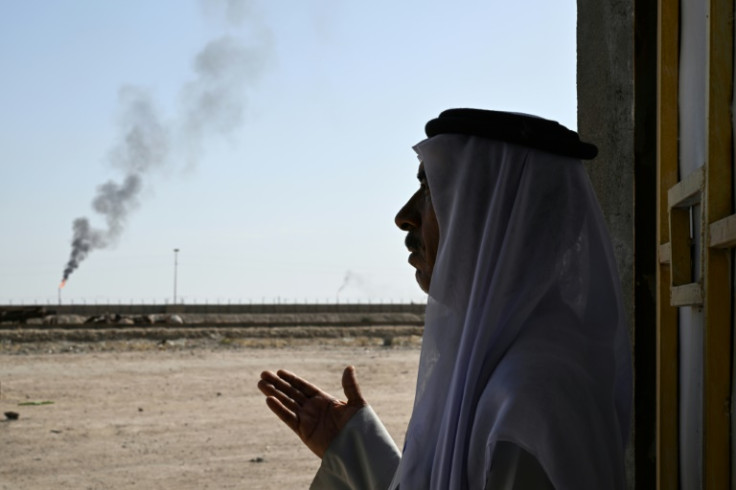
Hussein Julood is taking legal action against British energy giant BP after he lost his son to leukaemia, which he alleges was caused by gas flaring at Iraq's largest oil field.
The bereaved father, who lives near the Rumaila field in the southern province of Basra, is demanding that the firm compensate him for his son Ali's medical expenses, which have left him in crushing debt.
He wants BP to cover the costs of his 21-year-old's medical treatment -- including chemotherapy and a bone marrow transplant -- and his funeral following his death in April last year.
He said no amount of money would make up for his son's death. But "what I am claiming is my right", added the 55-year-old father of seven, from his modest home.
"I am not doing it only for Ali but also for the poor, sick and deceased in this area."
Julood hopes that if he wins compensation from BP, oil companies will be more careful about flaring.
BP is one of the biggest foreign players in Iraq's oil sector, with a history of producing oil in the country dating back to the 1920s when it was still under British mandate.
In the Rumaila field, it works in partnership with the state-owned Basra Oil Company.
In 2022, a BBC investigation into the elevated risk of cancer near oil fields in Iraq documented Ali's life as part of the probe.
Football fan Ali was first diagnosed in 2016. During a medical appointment, Julood said that the doctor asked where the family's home was.
When he said they lived near flare stacks, the doctor concluded: "That is why Ali has cancer."
Gas flaring is the burning of excess gas during oil extraction. It produces vast amounts of carbon dioxide, methane and black soot, endangering health and the environment.
The process "produces a number of cancer-linked pollutants including benzene", Greenpeace Middle East and North Africa warned in a statement about Ali's case last month.
But gas flaring is also cheaper than capturing the associated gas, processing and marketing it.
As Julood nears his home, he is met with thick black smoke drifting through his neighbourhood from the gas flares.
Outside, children play football or ride their bicycles, seemingly unaware of the danger.
BP did not respond to AFP's request for comment.
But responding to the BBC's investigation, the UK oil giant said it never operated the Rumaila field, and that it is paid "a fee for the technical services" it provides, which it has taken as allocations of crude oil.
It also expressed "concern" over the issue, and said last year it was "working with the partners at Rumaila" to review and address the issues raised.
BP said that gas flaring at the field has reduced more than 65 percent over the past seven years, and plans are in place to further lower emissions.
The flare volume in Iraq reached nearly 18 billion cubic metres in 2022, making it second in the world after Russia, according to World Bank figures.
But the government has pledged to phase out the practice, hoping that captured gas can instead fuel Iraq's power stations.
Earlier this month, Prime Minister Mohamed Shia al-Sudani said he aimed to eliminate gas flaring within three to five years.
Iraq's oil ministry supports several projects in the health sector. And in February, the health ministry said it had agreed with the Basra Oil Company to build a cancer centre in the southern province.
Julood had to sell his family's gold and furniture, take a bank loan and borrow money from friends to cover Ali's medical bills and funeral, leaving him with little else.
He said he is not alone in lacking the means to move further away from the Rumaila field.
Hausfeld & Co said that according to Iraqi law, oil refineries should not be located closer than 10 kilometres (six miles) from homes. But in Rumaila, it said that "evidence suggests" flaring occurs just five kilometres from local communities.
"We live here despite the difficulty and fear of disease," Julood said.
He expressed hope that his legal action would raise awareness around gas flaring and push oil companies to "provide free medical assistance to the sick and help the poor who cannot move elsewhere".
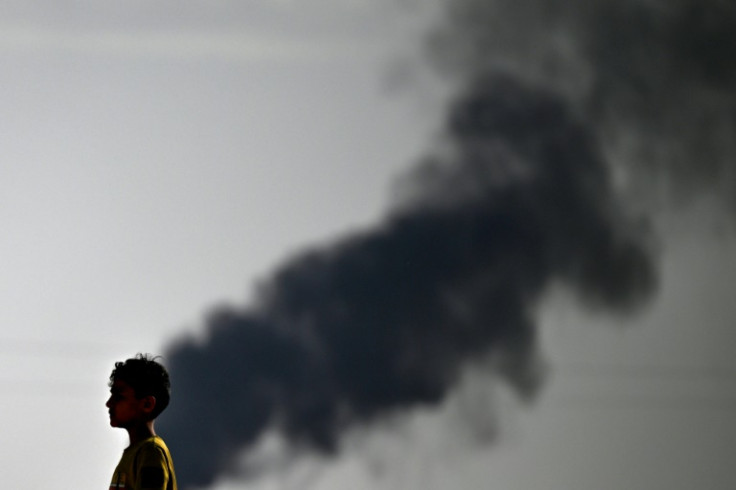
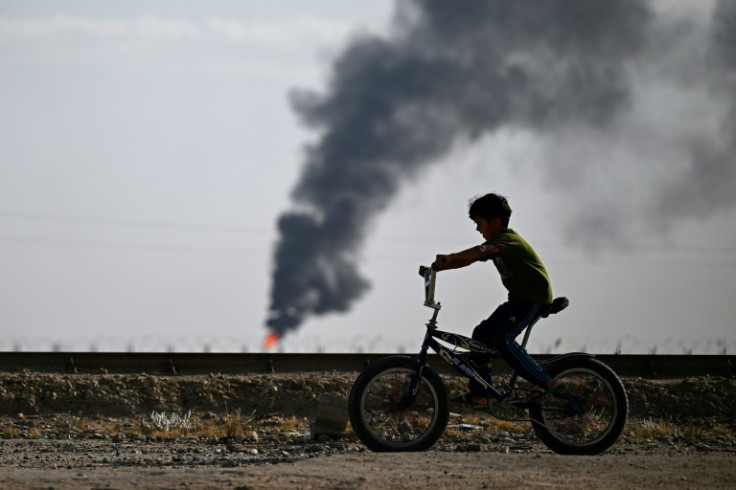
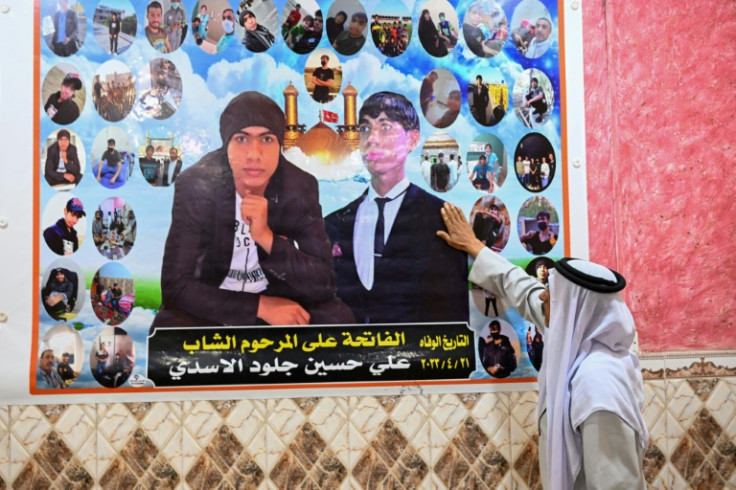
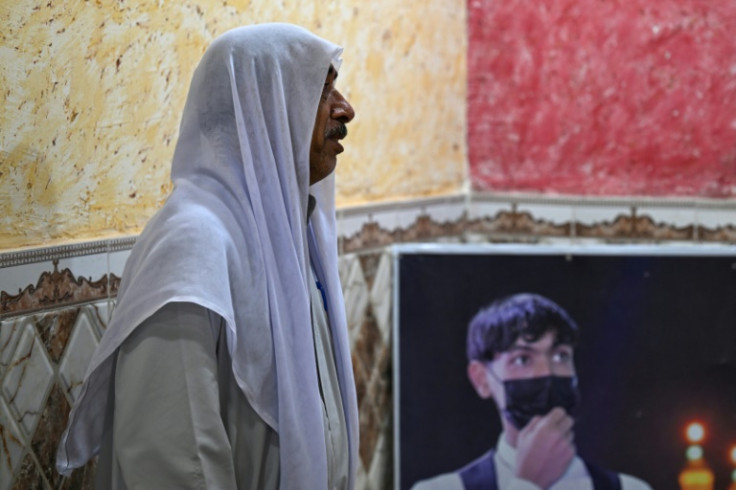
© Copyright AFP 2025. All rights reserved.





















